Outgoing Forest Service chief stresses cooperation, investment to reduce wildfire risk
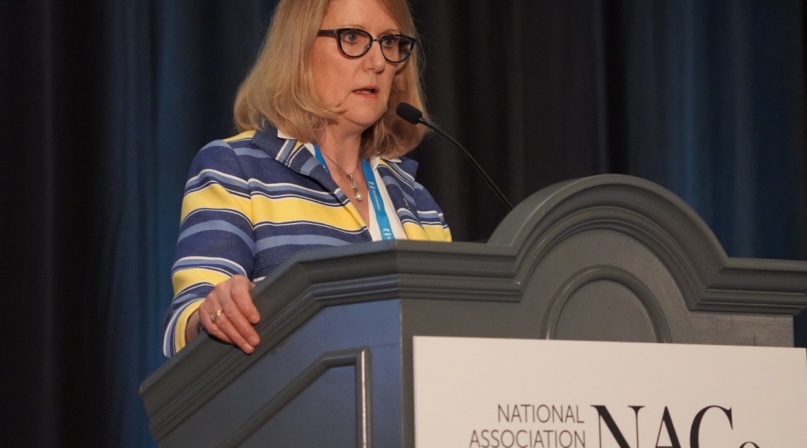
Key Takeaways
With droughts and record-high temperatures already hammering the West, the 2021 wildland fire season is looking worse than 2020.
That’s apparent from the June 22 National Interagency Fire Center declaration of a Level 4 Preparedness Level, the second highest designation. U.S. Forest Service Chief Vicki Christiansen pointed out to the Public Lands Steering Committee July 9 that 2002 was the last time the country reached Level 4 in June, and the loss of moisture in wildfire fuels is a month ahead of 2020’s progress.
“I’ve been, in some form, a wildland fire manager or line officer for 20 years and it’s not the same, it’s not the same,” she said. “The resistance to control the fires, the intensity of our fires has changed and we must do something different. It’s not just working harder to treat more acres, we also need to treat the right acres.”
Christiansen is due to retire in August after a 40-year career and three years as Forest Service chief.
“These changes to our wildland fire systems are rooted in extraordinary drought, a legacy of fuel buildups and legacy of fire exclusion, compounded by a changing climate,” she said. “Homes spreading into fire-prone landscapes and the volatility of the wildland fuel itself contribute to the growing complexity of a broader wildland fire system.
“We need to focus on the factors that we can control — the depth and quality of our working relationships and understanding how we really are involved in this together,” she noted. “We can’t do it without federal, state, local, tribal and private contractors, it takes all of us.”
Christiansen has some ideas on how to get the wildland fire system under control. Treating or breaking up the fuel continuity in 30 to 40 percent of the fireshed (an area where social and ecological concerns regarding wildfire overlap), that can confine fire to a more manageable and natural territory. She projected that would mean treating twice as much land as the service could currently.
“In most of our landscapes, fire is a necessary land component, we just have too much volatility to do this job correctly and it puts too many people at risk,” she said.
Fixing this will cost money, because firefighters have not been working on a competitive pay scale, and they have been overworked over the past year, adding vaccination work after an exhausting 2020 fire season, with a harder year on the horizon. While bonuses will help retention, Christiansen said it was a stopgap measure while personnel deal with exhaustion and mental health concerns.
In short, it has to change.
“The only way we’re going to do this is to up our game and be very strategic about how we treat these landscapes and how we prepare these communities to become ‘fire adapted,’” she said. “It’s a big call to action, it’s a big challenge, but I also think it’s a big opportunity.”
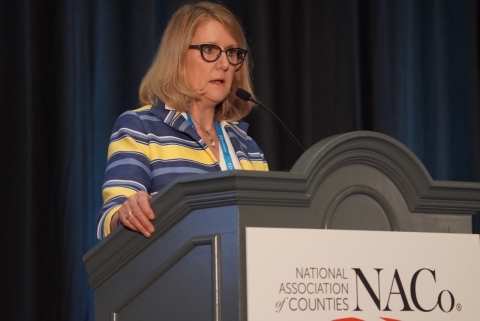
Attachments
Related News
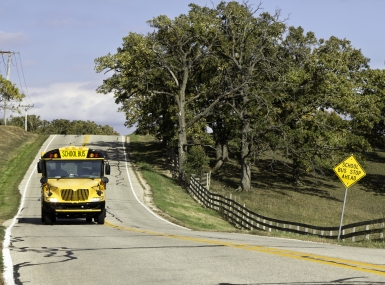
Secure Rural Schools Reauthorization Act of 2025 signed into law in victory for counties
On December 18, 2025, President Trump signed the Secure Rural Schools Reauthorization Act of 2025 (P.L. 119-58) into law. The reauthorization of the SRS program is a major victory for counties and ensures that timber-dependent counties will receive critical funding to maintain essential local government services such as public education and transportation infrastructure.
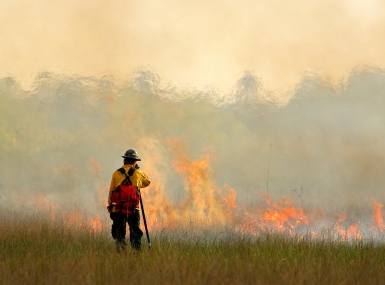
DOI announces creation of new U.S. Wildland Fire Service
On September 15, the U.S. Departments of the Interior (DOI) and Agriculture (USDA) announced major joint directives to change how the agencies will coordinate and provide wildfire response, including the creation of a new U.S. Wildland Fire Service within Interior.
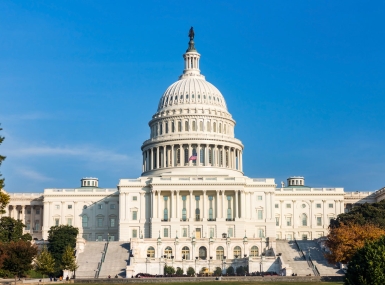
U.S. House of Representatives passes SPEED Act and other permitting reform bills
On December 18, the U.S. House of Representatives passed the SPEED Act (H.R. 4776). The SPEED Act would strengthen county involvement in decision-making and make needed commonsense reforms to the federal environmental review process.
